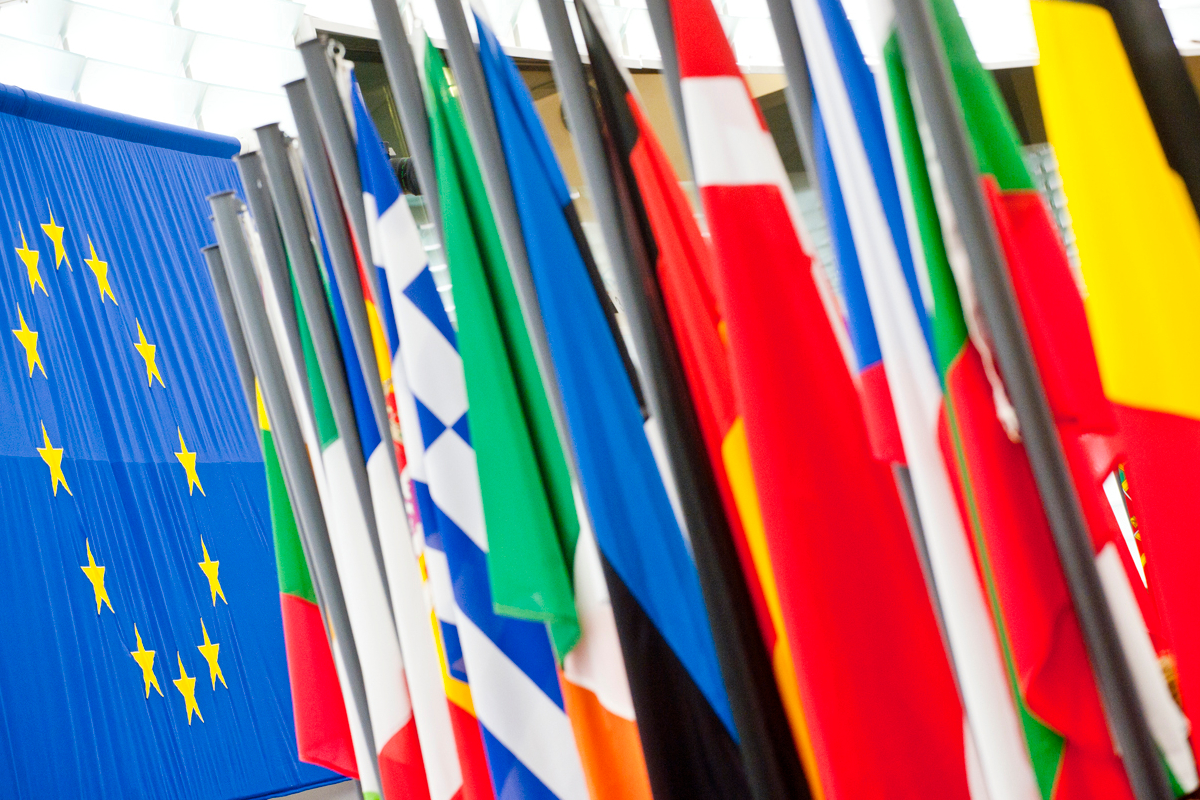February

EU: Ongoing rollout of biometric identification systems likely to exacerbate ethnic profiling
Attempts by the EU and its member states to step up identity controls by equipping police and immigration authorities with new biometric technologies are likely to see both ethnic minority citizens and non-citizens subjected to unwarranted intrusions into their everyday activities, argues a report published today by Statewatch.

EU-Africa: "Build bridges between people, not walls": civil society statement
A statement signed by networks and organisations representing hundreds of different groups, calling for a change in approach to EU-Africa relations and an end to the EU's "security approach to migration policies." The statement was published ahead of the European Union-African Union summit on 17 and 18 February.

EU: Interoperability: Letter confirms delays in implementation of “complex and challenging” plan
It is unsurprising that the creation of the EU’s ‘Big Brother’ system is facing obstacles and delays – the same happened with the Schengen Information System a decade ago. What is striking is that the all these new legal instruments will be implemented and interconnected simultaneously without leaving room to test their reliability and performance.

EU: Got a driving licence? You’re going in a police line-up
The Council of the EU is discussing plans to add driving licence data to an EU-wide network of police facial recognition systems, which would make the data of anyone who holds a driving licence available for cross-border searches by the police – in effect making them part of a “perpetual line-up”.

EU: New Council structures for "confidence in the Schengen Area"
Earlier this month, EU interior ministers agreed to establish a new 'Schengen Council' that will oversee controls at the external borders of, and migration within, the Schengen Area. A discussion paper recently circulated by the French Presidency of the Council, published here, indicates that a range of new structures are likely to be set up as part of this process, including the role of "Schengen Coordinator" and a "solidarity platform" to allow "the mobilisation of Member States’ resources at the external border... complementary to the action of Frontex".

EU: AI Act: Presidency compromise text on providers and users of high-risk AI systems
On 3 February, the French Presidency of the Council circulated a compromise text of Chapter 3 of the proposed Artificial Intelligence Act, covering with the obligations of users and providers of high-risk systems.

Belgium: Parliamentary scrutiny not over for Frontex
European Border and Coast Guard Agency to face hearing in the Federal Parliament in Brussels, with representatives of civil society organisations, on 22 February.

Appeal to the Italian Government, to UNHCR and IOM for the immediate withdrawal of the Italy-Libya Memorandum
An appeal signed by over 170 organisations and individuals, including Statewatch, calls on the Italian government to "immediately revoke the Memorandum of Understanding" signed with Libya, due to its facilitation of "models of exploitation and enslavement within which violence that constitutes crimes against humanity is systematically perpetrated." The appeal, organised by the Italian legal association ASGI, is open for further signatures.

EU: Legislators must put the brakes on big data plans for Europol
A letter signed by 23 human rights organisations, including Statewatch, has called on MEPs and EU governments to remove proposed new legal powers that would give EU policing agency Europol a licence to process huge quantities of personal data, including on vast numbers of innocent people. Under current plans, existing practices that have been found to be illegal by the EU's data protection authority would be legalised.
Spotted an error? If you've spotted a problem with this page, just click once to let us know.